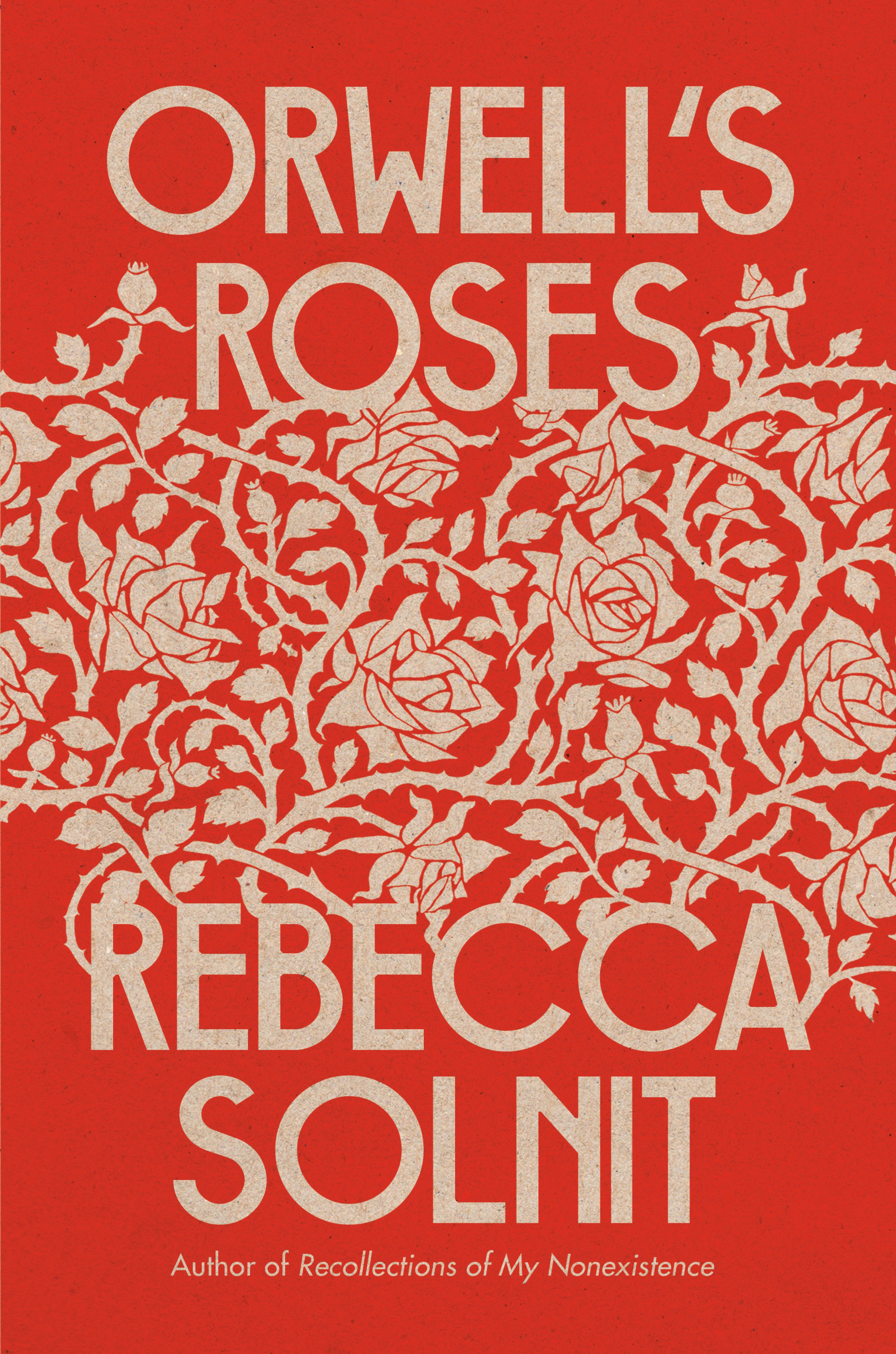Review: A fresh take on George Orwell as an avid gardener
The author and essayist Rebecca Solnit has a new book out that explores George Orwell’s love of gardening

Your support helps us to tell the story
From reproductive rights to climate change to Big Tech, The Independent is on the ground when the story is developing. Whether it's investigating the financials of Elon Musk's pro-Trump PAC or producing our latest documentary, 'The A Word', which shines a light on the American women fighting for reproductive rights, we know how important it is to parse out the facts from the messaging.
At such a critical moment in US history, we need reporters on the ground. Your donation allows us to keep sending journalists to speak to both sides of the story.
The Independent is trusted by Americans across the entire political spectrum. And unlike many other quality news outlets, we choose not to lock Americans out of our reporting and analysis with paywalls. We believe quality journalism should be available to everyone, paid for by those who can afford it.
Your support makes all the difference.“Orwell’s Roses,” by Rebecca Solnit (Viking)
Weeks after Donald Trump was elected president, George Orwell’s dystopian novel “1984” shot to the top of bestseller lists. Suddenly, it seemed, readers wanted to reacquaint themselves with a world in which “war is peace” and “two plus two equals five.”
That historical moment was not the impetus for Rebecca Solnit’s invigorating new book, “Orwell’s Roses,” although she briefly touches on the Orwellian dimensions of the last administration. Instead, it grew out of a casual conversation with a friend about a newspaper column Orwell wrote in 1946 about the fruit trees and rosebushes he planted around his rural cottage outside London
Soon Solnit and her friend were on the internet, trying to find out if they were still there. That, in turn, led to a visit to the cottage, where Solnit found out that while the trees were gone, the roses were thriving, decades after Orwell’s death.
The discovery “filled me with joyous exaltation,” she writes, as did “the fact that this man most famous for his prescient scrutiny of totalitarianism and propaganda” was an avid gardener. It also sent her back to his novels and essays, making her realize that all his writing, even the most political, is suffused with a passion for the natural world.
Solnit, a prolific author whose essay “Men Explain Things to Me” has been credited with inspiring the term “mansplaining,” describes that Orwell essay as a “triumph of meandering” — and the same might be said about this book. It is not a biography in the traditional sense, although she revisits significant episodes of his life, from serving as a British officer in Burma to fighting against the fascists in the Spanish civil war.
Along the way, she touches on a wide range of subjects including photographer Tina Modotti’s pictures of roses, Stalin’s obsession with growing lemons in the winter and the brutal conditions of the rose industry in Colombia She also reckons with Orwell’s slave-owning ancestors and shows, as gently as possible, how he was the unwitting beneficiary of not just colonialism but also the patriarchy. Finally, she attempts to connect his love of plants and trees to contemporary thinking about climate change.
At times her digressions and literary flourishes are maddening, but she always returns to the startling brilliance and clarity of Orwell’s work. She ends with a sensitive reconsideration of “1984” that, if you haven’t done so already, will make you want to reread it, too.